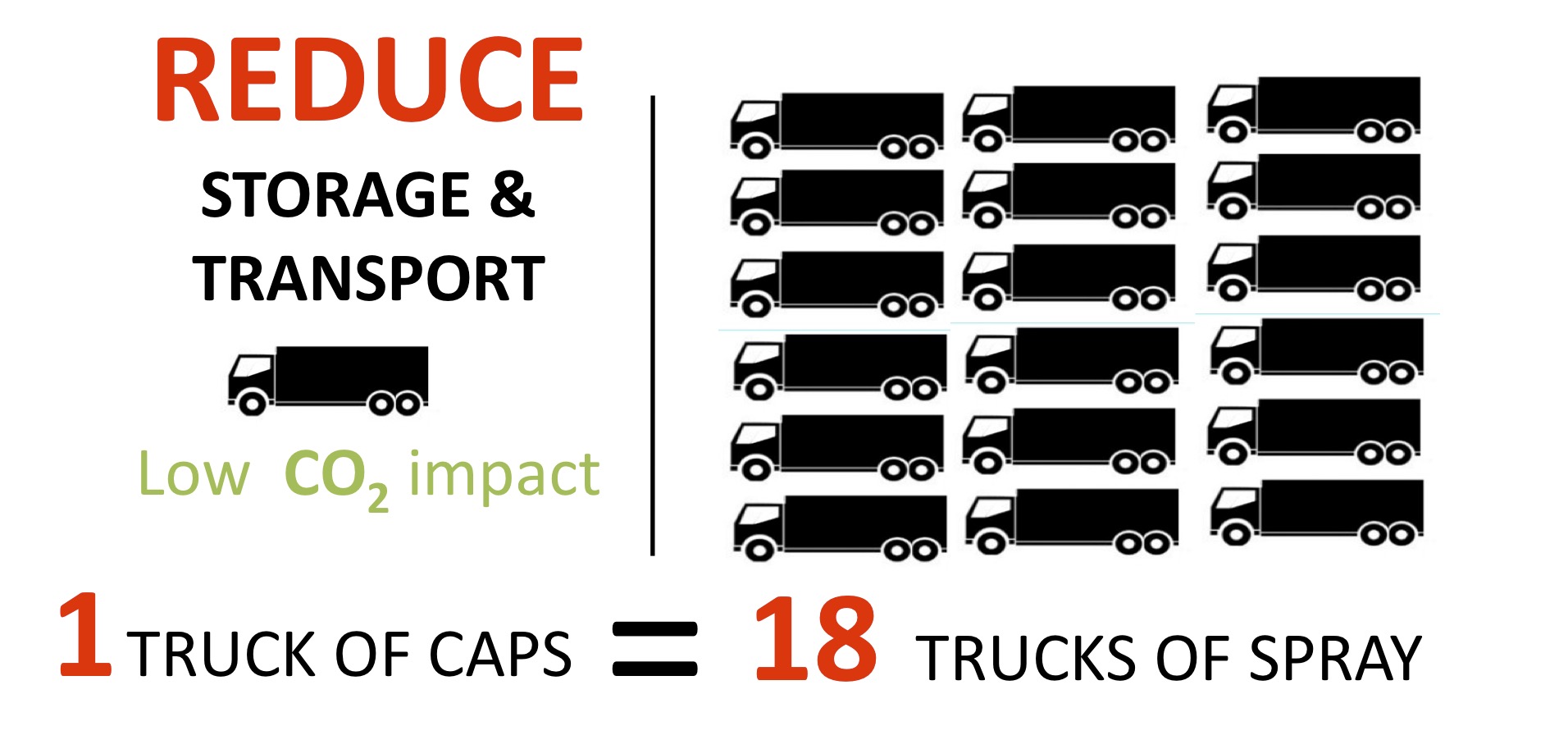Responsible sourcing: influence sustainable behavior throughout your value chain!
Have you heard about the Rana Plaza collapse? This building that manufactured apparel for famous occidental brands collapsed in 2013 leading to the death of 1138 workers in Bangladesh. This dramatic event reminded the importance of social responsibility of factories and brands at all levels of the supply chain. In this context, a growing number of companies decided to include social and environmental standards in their business model. We are all part of this value chain. So what are the factors to be considered by businesses and what role can we play as a consumer?
Responsible sourcing and corporate responsibility
Responsible sourcing may be described as the integration of environmental and social considerations into the procurement processes of companies. As production chains expand, it has become a strategic issue for brands to devote great efforts managing their relationships with suppliers. One incident can cause adverse publicity and considerably damage their brand image and that is why more and more companies have decided to invest in responsible sourcing practices.
From the selection of the suppliers to the publicly-available reporting of their environmental and social performance, the responsible sourcing can be seen as an extension of the company’s commitment towards society.
A careful choice of suppliers starts with criteria such as quality, reliability, cost, speed of delivery but should also take into consideration the long-term efficiency, the product safety, the social dimension and the environmental impact. Ideally, these elements will be clearly formalized when contracting with the supplier.
Each company should also raise awareness among its own corporate buyers and supports its suppliers in implementing their business standards in line with a sustainable development. In parallel, it remains necessary to track and check the suppliers’ compliance with the social and environmental objectives. It may be achieved through on-site visits, requests for comprehensive information on their progress or regular quality assessments.
Environmental issues
Environmental issues have become a major concern in public opinion, forcing the businesses to be part of a more sustainable approach. Nowadays, consumers pay attention not only to the final product or service but also to its ecological footprint. In this regard, an effective supply chain management is a way for businesses to build a competitive advantage.
B-Cap has put a lot of efforts to meet the challenges of industrial and professionals in reducing the quantity of plastic, CO2 and water. The company has integrated responsible sourcing into its own practices respecting the environment. With its innovative product, B-Cap “thinks in terms of less” by reducing the carbon footprint equivalent to 18 times fewer trucks on the roads!

What can I do as a consumer?
We have seen that the responsible sourcing involves all the actors of the supply chain. But we, as consumers, can also play a key role in this process.
Firstly, by paying attention to the responsible sourcing when choosing a product or a service. Have a look at the website of your favorite brands; they provide more and more information on their social and environmental policy. Do not hesitate to ask questions and seek information on their concrete practices to reduce their ecological footprint for instance.
In short, be an active citizen and commit yourself talking about responsible sourcing around you. You can also promote companies that have a positive and respectful approach like B-Cap that has put these values at the heart of its business model.
